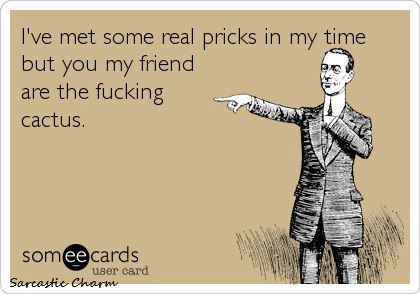Iraq is a "grave and gathering danger", President Bush has told world leaders in a keynote speech at the United Nations.
He told the General Assembly that the United States wanted to work through the Security Council - but warned that military action would be unavoidable if Iraq failed to comply with UN resolutions.
"The Security Council resolutions will be enforced - the just demands of peace and security will be met - or action will be unavoidable. A regime that has lost its legitimacy will also lose its power."
Iraq has dismissed Mr Bush's speech, warning that a US attack would start "an uncontrollable fire".
'Case against himself'
Mr Bush said Saddam Hussein had proved his contempt for the United Nations and listed all the UN resolutions he considered Iraq to have ignored or broken.
"By his cruelties... Saddam Hussein has made the case against himself," he said.
"Are UN resolutions to be honoured and enforced or cast aside without consequence?" he asked.
The UN itself faced a "difficult and defining moment" over the issue.
He said that should Iraq acquire fissile material, "it would be able to build a nuclear weapon within a year".
He accused Saddam Hussein of allowing members of Osama Bin Laden's al-Qaeda network to be based in Iraq.
"If the Iraqi regime wishes peace, it will immediately and unconditionally foreswear, disclose, and remove or destroy all weapons of mass destruction, long-range missiles and all related material," he said.
Unanswered questions
Mr Bush's speech brought a mixed reaction around the world.
British Foreign Secretary Jack Straw said it was "a defining moment for the United Nations".
"No-one who heard President Bush's speech could be in any doubt... about the urgency of dealing with the threat posed by Saddam Hussein," he said.
But US Senate Majority leader Tom Daschle said a number of questions still had to be answered before Congress voted to back military action against Iraq.
He said many members of Congress wanted to see the reaction of the international community before authorising use of US forces.
Afghan President Hamid Karzai told ABC TV he was worried that US involvement in Iraq could switch attention away from efforts to eradicate the Taleban and al-Qaeda in his country and to rebuild its infrastructure.
He said he wanted a better life for the Iraqi people but said any American action should be done with the support of the Arab world.
Iraqi satellite television warned: "An aggression [against Iraq] would start an uncontrollable fire and the United States too will pay a [heavy] price because Iraq is no easy prey as the American adventurers imagine."
However, there was no mention of whether UN weapons inspectors would be allowed to return.
Iraq denies developing weapons of mass destruction.
Before the UN meeting, Foreign Minister Naji Sabri warned that his countrymen would use all means, even "kitchen knives", to repel an American invasion.
Backing sought
The US is to send high-level delegations in the next few days to Russia, China and France in an attempt to persuade the Security Council members to support a resolution authorising the use of force against Iraq if weapons inspectors are not allowed back in.
The BBC's Justin Webb, at the UN, says Mr Bush is giving the multilateral approach a chance - but is prepared to act alone if it does not work.
Speaking before President Bush, UN Secretary General Kofi Annan acknowledged that Iraq had not complied with UN resolutions and urged the country to end its recalcitrance "for the sake of its own people, and for the sake of world order".
"If Iraq's defiance continues, the Security Council must face its responsibilities," he said.
Mr Bush's address came as US Central Command - which oversees the war in Afghanistan and army operations in south-west Asia - announced plans to send 600 of its headquarters' staff to the Gulf state of Qatar, near Iraq, for a training exercise in November.
To back up the president's speech, the Bush administration released a 22-page document recording what it said was "Saddam Hussein's defiance of the United Nations" on Thursday.
http://news.bbc.co.uk/1/hi/world/mid...st/2254481.stm










 Reply With Quote
Reply With Quote


Social Networking Bookmarks